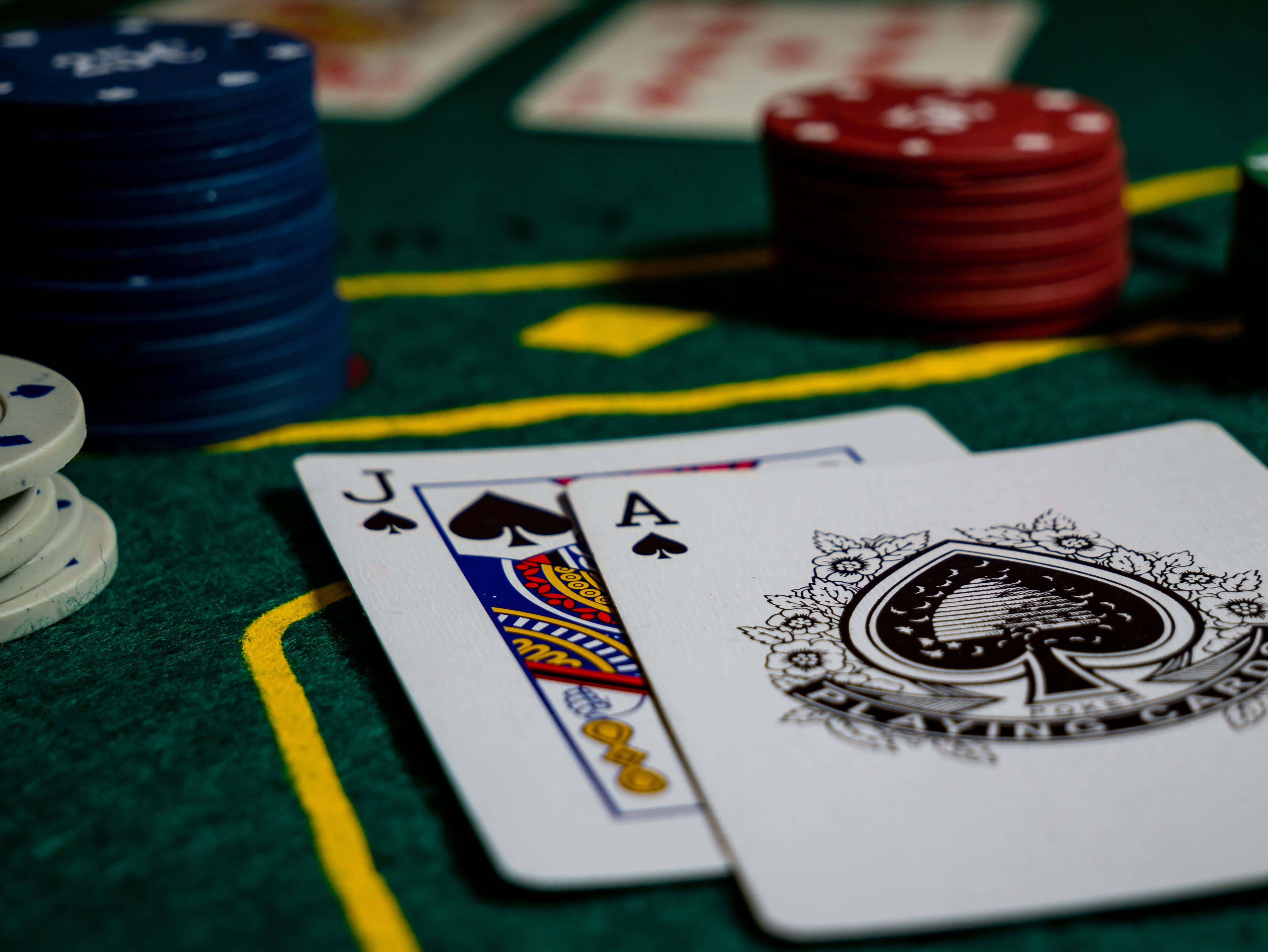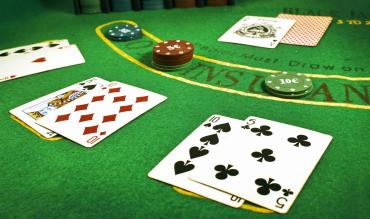Player choices make a difference in blackjack, regardless of whether you're playing online blackjack or in a live casino. That's one of the keys to the game's long-standing popularity.
The most obvious choices that make a difference come in blackjack strategy. Do you hit or stand. Should you double down? Should you split a pair?
Basic strategy can be your guide to those options, but there are choices beyond playing strategy that make a difference in your chances to win or lose.
Is it better to play at a crowded table or an empty one? Are fewer decks always better for players? Those are among the choices players face in addition to blackjack strategy once the game is underway.
Let's explore some of the decisions blackjack players must make.
Is It Better to Play at a Crowded Table or an Empty One?
Some players love the social experience of playing at the same table as others. Some like to go solo and neither interact with anyone but the dealer nor fret over whether bad decisions by others will affect their hands.
Never mind that bad plays by others help you just as often as they hurt you and are best ignored. The times they hurt gall some players enough they'd rather avoid the issue.
But an important factor is speed of play. When there are fewer players at the table, the game moves faster. It takes less time to deal the cards, play the hands and settle the bets.
Jim Kilby, in his highly regarded text "Casino Operations Management," listed average hands per hour at 52 at a full seven-player blackjack table, 60 with six players, 70 with five, 84 with four, 105 with three, 139 with two and 209 with a single player. Those are averages, variables with dealer speed and the time it takes players to make decisions.
In online casinos, where dealing and settling bets is nearly instantaneous, the game moves even faster. It's possible for a player to reach 500 hands per hour.
Faster games favor whoever has the mathematical edge on the game. That's the house in nearly all cases. Some skilled card counters who have an edge benefit by a faster game, but for most players, more hands per hour mean more bets, bigger risks and on average, larger losses.
In live casinos, your average losses per hour are lower if you play with more players. When playing online, it's in your best interest to slow the game down and take some time over your decisions.
Are Fewer Decks Always the Better Choice?
If all other rules are equal, the house edge is lower when fewer decks are in play. That's mainly because blackjacks are more frequent with fewer decks. Players are paid 3-2 on blackjacks in better games or 6-5 in games to avoid. There is no such bonus payoff for the house. The house collects only your original bet if the dealer has a blackjack.
Why are blackjacks with fewer decks more common? Imagine this scenario. Your first card is an Ace and you need a 10-value card to make blackjack. In a single-deck game, 16 of the other 51 cards are 10-values, or 31.4 percent.
With six decks, 96 of the other 311 cards, or 30.9 percent, are 10 values. You make the blackjack more often in the single-deck game.
However, blackjack comes with a set of mix-and-match rules, and a six-deck game can have a lower house edge than a single deck game if it has more favorable rules.
If a single-deck and a six-deck game each have the dealer hit soft 17, allow double downs on any first two cards, allow double downs after splitting pairs and allow Aces to be split only once with one card dealt to each Ace, and allow other pairs to be split up to three times to make four hands, the house edge against a basic strategy player is a negligible 0.008 percent in the one-deck game, but much larger at 0.62 percent with six decks.
However, if the single-deck game restricts double downs to two-card totals of 10 or 11, does not allow doubles after splits, and allows pairs to be split only once, the house edge climbs to 0.45 percent. And if the six-deck game has the dealer stand all 17s, including soft hands, the edge drops to 0.40 percent.
Players must look at the full set of rules in play. In isolation, fewer decks give you a better game, but other rules can make it worth your while to play with more decks.

Is it Better to Play a $5 Table Where Dealer Hits Soft 17 or $10 Table Where Dealer Stands on All 17s?
Whether the dealer hits or stands on soft 17 is one of the most important of the mix-and-match rules described above.
Having the dealer hit soft 17 adds about 0.22 percent to the house edge against a basic strategy player. You can see that in the previous section where the six-deck game described has a 0.62 edge if the dealer hits soft 17 and only 0.4 if the dealer stands.
But is it worth risking more money to get the better rule?
At a full seven-player table moving at 50 hands per hour, a $5 bettor risks an average of $250 per house, while a $10 player risks $500.
In the six-deck game with a 0.62 percent house edge, average losses for the $5 bettor would be $15.50 per hour.
The $10 bettor at the table where the dealer stands on all 17s faces a lower edge at 0.40 percent, but with the higher wager total, average losses come to $20 per hour.
The lower house edge gives the $10 bettor an improved shot to win, but the difference in house edge isn't enough to negate the bigger bets. The house edge matters, but so does your bankroll and your bet size.
Does it Help to Play More Than One Hand at a Time?
For card counters who have an edge over the house, playing multiple hands when the count is strongly positive can be beneficial in good times.
For basic strategy players or average players, playing multiple hands doesn't dent the house edge at all.
If you keep the total wager of playing two hands at the same size as your normal one-hand wager, your average losses will be the same either way. Averages and odds on two $10 bets are the same as on one $20 bet.
If you bet more by making multiple bets, then your average losses will be higher than if you stayed with one bet. You may like the feeling that playing multiple hands might smooth out volatility and give you more shots to win per deal, but that doesn't change the math.
Things are different for a card counter, but average players who like to play multiple hands must be careful not to boost their overall bets and overextend their bankrolls.


